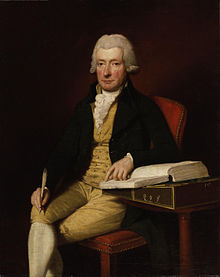 Dear Dr. Brown, Assalamualaikum,
Dear Dr. Brown, Assalamualaikum,I accidentally found your email address. I don’t know whether you will receive this message, anyway I will continue.
A non-Muslim friend of mine asked me some questions. The friend is a Buddhist. I want to answer these questions in an effective way that the friend could understand. Can you please help me ?
I told my friend that this life is a test for the hereafter, so that is why some are poor, some are healthy and some are rich. Then the friend asked me, “if it is that, what is god's criteria to select who will become rich, who will become poor, and who will be healthy? Even if it is a test shouldn’t everybody be tested in the same way? Why does god test us in different ways? If he decides to test in different ways can't some question that this is unjust?
When Muslim women wear the hijab, some people might be curious to see what is inside (because the whole body is covered) which will cause the Muslim women harm. So can we say that it will protect her?
I don’t know whether these questions are illogical. I need to answer in a logical way so the friend may understand that is why I need your help. Can you please help me answer these questions.
Jazakallah khaire. Hoping to hear from you soon.
MY ANSWER:
Assalam alaikum wa rahmatullahi wa barakatu,
Every parent knows that different children prefer different rewards, benefit most from different punishments, and demonstrate love through different sacrifices. What works with one child will not work with another. So it is with people. The test of faith works differently with one person from another. One person worships money more than anything else, so this person's faith is best tested by loss of money. Another values his wife more than anything, or his car, mother, or whatever. So the test will differ according to the differences in human nature, and according to what that person is most attached to. Will you take a rich man and test him with wealth he does not need? Or take someone who hates his children, and test him with the loss of one of the children he couldn't care less about? People are tested according to their dispensation.
As for covering women, this man's question betrays his sickness. What is he saying, that all women should be naked to remove all curiosity? That we should take our showers with the door open, in case he wants to see what we are doing? We cover ourselves (men and women) out of modesty. Only people with sickness in their hearts try to mentally undress others.
Best, and salams,
LBrown













